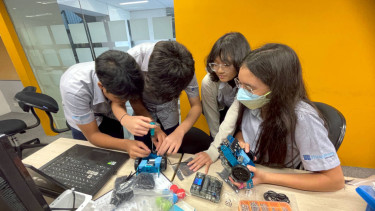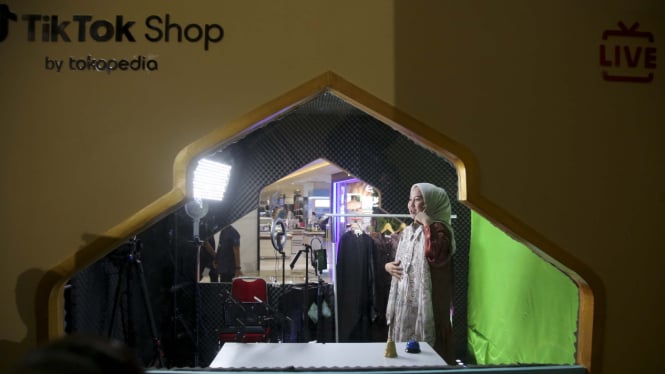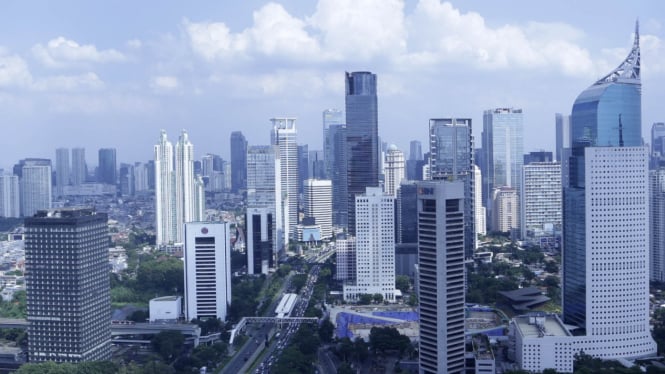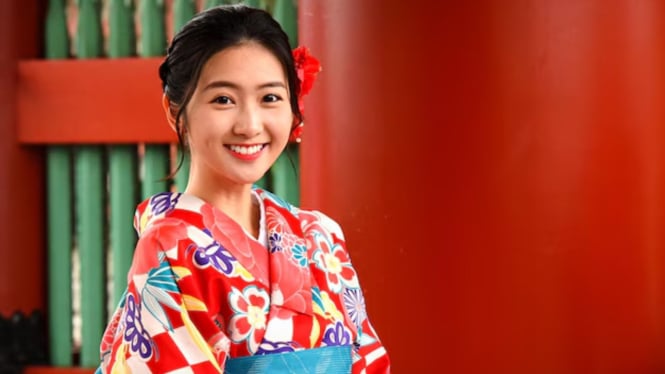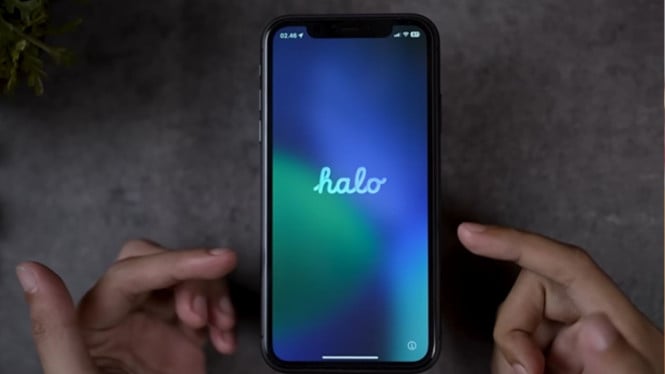Constructive Learning Philosophy Produces High-Quality Human Resources
- Highscope
Jakarta, VIVA – The increasingly fierce global competition is pushing companies to be more selective in choosing employees. Companies no longer assess human resources solely based on academic transcripts but also demand critical thinking, practical skills, and the ability to adapt quickly to the dynamics of the workforce.
This challenge has become the responsibility of educational institutions to produce graduates who can understand and apply theory in real-world settings. One such institution is the Research and Development for Advancement (Redea) Institute, which has departments focusing on Training, Research & Development, and Service Quality Monitoring & Improvement.
Through HighScope Indonesia School, Redea Institute implements the 178 Learning Framework, which is built upon the philosophy of constructive learning. This approach encourages children to develop their own knowledge and understanding of the world through experiences and reflection.
“As a school based on Eco-Socio-Tech principles, HighScope Indonesia supports and facilitates our students—the future leaders—to continuously face current and future global challenges,” said Antarina S.F. Amir, Founder & CEO of HighScope Indonesia and Redea Institute, in a press release.
“We believe that constructivism helps students connect learning to real life, reflect on successes and failures, and build their own understanding of the world,” Antarina added. She emphasized that students learn best when intrinsically motivated.
“We consistently apply student-centered active learning methods supported by research, where students take an active role in their education with the guidance of teachers,” she explained. Redea Institute continues to innovate in progressive, constructivist-based education to design the best learning experiences.
Through this approach, students develop holistically, academically, interpersonally, intrapersonally, physically, and in terms of global competitiveness. HighScope Indonesia has produced graduates who excel in both national and international companies.
One such graduate is Marcella Burhan, who finished at HighScope Indonesia in 2010 before studying at the Faculty of Medicine, University of Indonesia, and earning a Master of Research in Genetic Medicine at Newcastle University, UK. “The most useful skills I gained were public speaking, time management, and logical thinking,” said Marcella, now in the Internal Medicine Specialist Program at UI.
Similar sentiments came from Rayesha Ikram Hardono, now a lawyer in Jakarta after graduating from Rijksuniversiteit Groningen. “The Making Good Choices method, which I learned since first grade at HighScope, is very useful for decision-making and problem-solving, especially in my fast-paced profession,” said Rayesha, an LPDP scholarship recipient at Cornell Law School.
Edwin Piruli, a parent of three HighScope Indonesia alumni, added, “What attracted me most is their focus on Learner Outcomes. The program suits all types of children in a tailored way and helps them build diverse friendships and experiences.”
